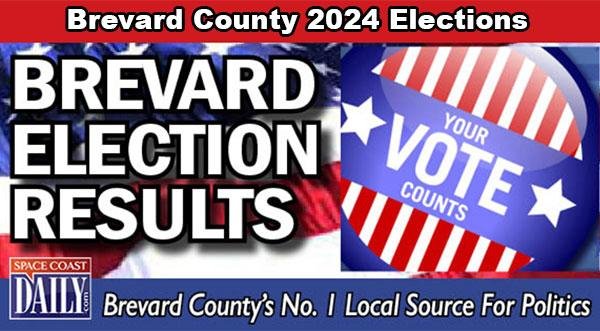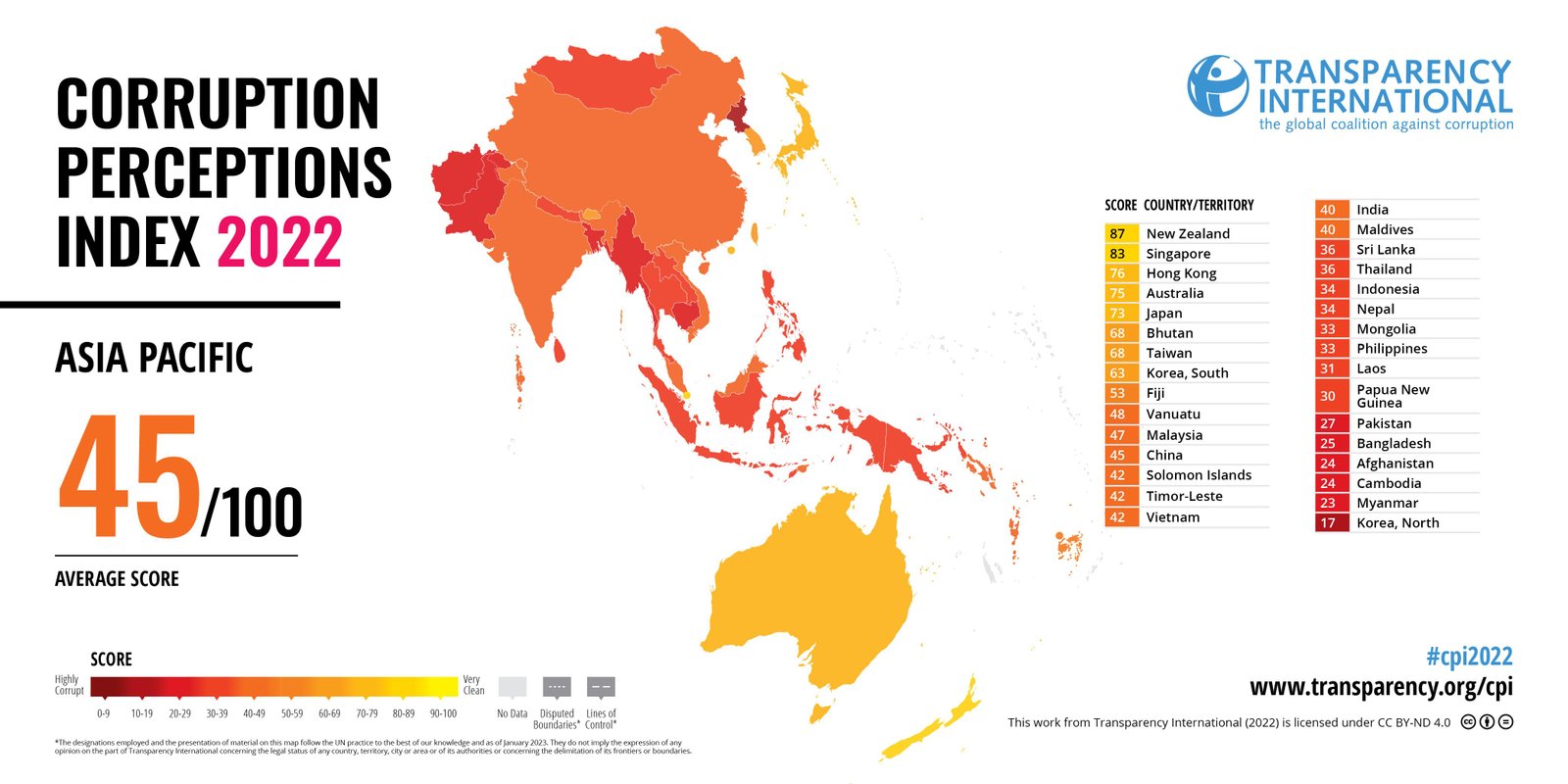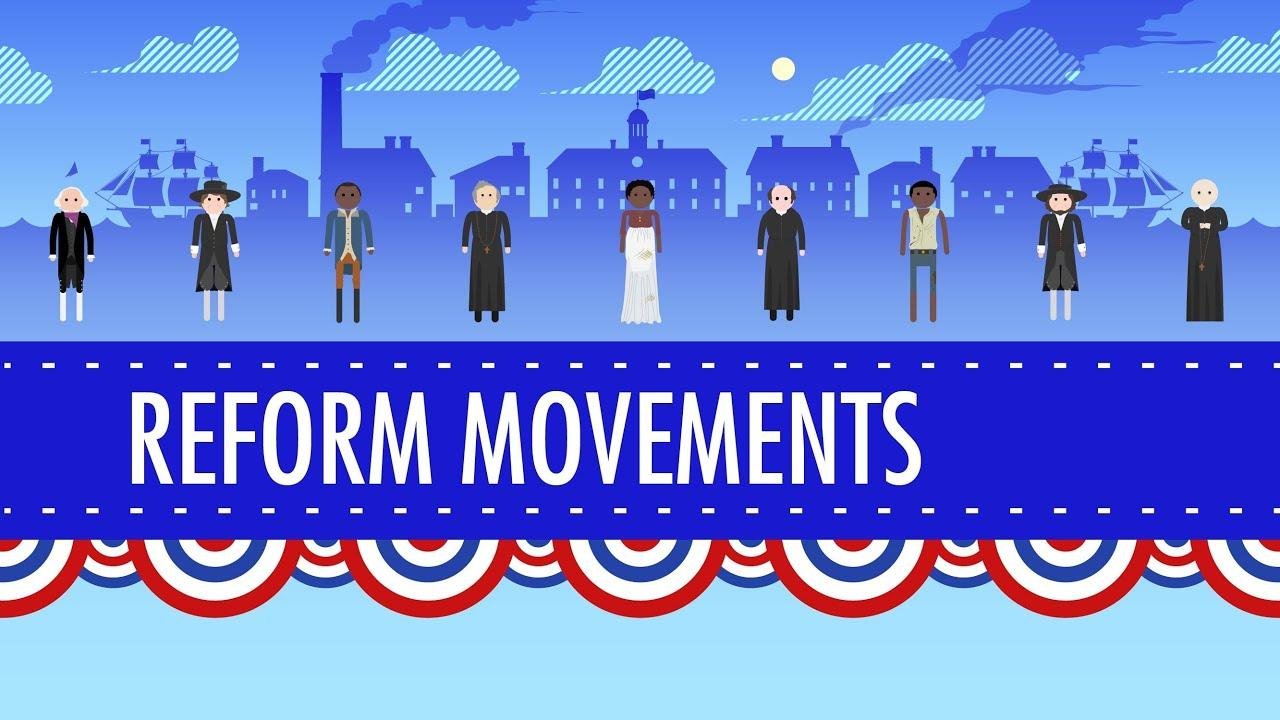In the heart of Florida’s Space Coast, where the promise of innovation meets the pulse of community engagement, a shadow has been cast over the electoral landscape of Brevard County. Recent allegations of favoritism and corruption have ignited discussions among residents and officials alike, revealing a growing concern about the integrity of the election process. As scrutiny intensifies, new discrepancies have surfaced, raising questions that echo beyond the ballot box. This article delves into the layers of these allegations, exploring the implications for future elections, the responses from those in power, and the voices of citizens striving to uphold the democratic values on which their community was built. As we navigate through this intricate narrative, we aim to provide a balanced perspective on a situation that underscores the fundamental importance of transparency and accountability in the electoral system.
Investigating the Underlying Causes of Allegations in Brevard County Elections
As the dust settles on the recent electoral processes in Brevard County, a closer examination reveals a tangled web of allegations swirling around favoritism and potential corruption. Multiple reports have surfaced suggesting that certain candidates or parties may have received undue advantages, raising grave concerns about the integrity of the electoral system. Investigators are now delving deeper into these claims, assessing a variety of influences that could have contributed to discrepancies noted in the election outcomes.
The investigation is currently focused on several key areas:
- Funding Discrepancies: Evidence suggests that campaign financing may not have been reported accurately, with potential kickbacks or undisclosed donations muddying financial waters.
- Voter Outreach Programs: Some candidates reportedly benefited from extensive and possibly biased outreach efforts, skewing community perceptions in their favor.
- Ballot Handling Procedures: Allegations have emerged regarding the mishandling of ballots, potentially allowing for manipulation or tampering in select districts.
| Allegation Type | Description |
|---|---|
| Favoritism | Preference shown towards specific candidates through biased campaigning. |
| Corruption | Potential illegal activities involving funding and ballot manipulation. |
| Transparency Issues | Problems in reporting and disclosing financial support and campaign strategies. |

Examining the Evidence: Discrepancies Uncovered in Voting Processes
Recent audits of Brevard County’s electoral processes have unveiled a range of inconsistencies that cast shadows over the integrity of the voting system. Observers have reported notably irregular patterns in voter turnout, allocation of resources, and even the treatment of election workers. Among the red flags identified were:
- Disparate voter turnout across demographics, suggesting possible voter suppression among certain groups.
- Uneven distribution of voting machines, leading to long lines in some precincts while others remained underutilized.
- Inconsistent training protocols for election staff, resulting in varying levels of expertise in managing the voting process.
Furthermore, allegations of favoritism have surfaced, raising concerns about impartiality in the election administration. A review of complaints indicates that certain precincts received preferential treatment, leading to an uneven playing field. The preliminary findings include:
| Issue | Location | Impact |
|---|---|---|
| Preferential inventory of ballots | Precinct 5 | Increased voter access |
| Late opening of polling stations | Precinct 12 | Frustrated voters |
| Inconsistent verification protocols | Multiple Locations | Heightened distrust |

The Impact of Perceived Corruption on Public Trust and Electoral Integrity
The recent accusations of favoritism and corruption within the electoral framework of Brevard County have not only stirred controversy but also significantly impacted the public’s perception of institutional integrity. Trust in government entities is intrinsically tied to how citizens perceive corruption. When allegations arise, as they have in this case, the belief in the democratic process erodes, leading to widespread disillusionment. Citizens may begin to question the legitimacy of electoral outcomes, thereby fueling cynicism and reducing voter engagement. This spiraling effect creates an environment where apathy toward electoral participation thrives, undermining the very foundation of democracy.
The lingering effects of perceived corruption also extend to how citizens view the electoral system as a whole. A significant drop in public confidence may lead to declining voter turnout, further legitimizing the claims of corruption. Ill-informed decisions fueled by skepticism can perpetuate a cycle of disenfranchisement. To illustrate this downward spiral, consider the following factors that contribute to the deterioration of public trust:
- Transparency: Lack of clarity in decision-making processes heightens suspicion and doubt.
- Accountability: When officials are not held accountable for their actions, it casts a shadow on electoral fidelity.
- Engagement:** Reduced civic participation exacerbates the feeling of disconnection between the electorate and their representatives.
These elements underscore the critical need for reforms that restore confidence in the electoral process. Addressing the root causes of perceived corruption, fostering transparency, and prioritizing accountability are essential steps necessary to reclaim public trust in Brevard County’s elections.

Strategies for Reform: Enhancing Transparency and Accountability in Elections
A comprehensive approach to enhancing transparency and accountability in elections is critical to restoring public trust. Implementing stringent regulations and adopting best practices can mitigate issues surrounding favoritism and corruption. Key strategies to consider include:
- Independent Audits: Regular audits conducted by non-partisan entities can uncover discrepancies and ensure compliance with election laws.
- Public Reporting: Mandating timely and accessible reports on election finances and voting processes promotes accountability.
- Voter Education Initiatives: Educating the electorate about their rights and the electoral process empowers them to recognize and report irregularities.
- Whistleblower Protections: Introducing safeguards for whistleblowers encourages insiders to report misconduct without fear of retribution.
Furthermore, employing technology can significantly enhance oversight capabilities. Investing in transparent voting systems and utilizing blockchain technology can secure electoral processes and provide a verifiable audit trail. The establishment of a Central Election Accountability Board with representatives from diverse community groups can reinforce trust by addressing complaints and fostering dialogue. The table below outlines the potential impact of these strategies on the election process:
| Strategy | Expected Outcome |
|---|---|
| Independent Audits | Uncover hidden discrepancies |
| Public Reporting | Increased voter confidence |
| Voter Education | Enhanced public participation |
| Whistleblower Protections | Greater transparency in reporting |
To Wrap It Up
the recent revelations surrounding alleged favoritism and corruption in the Brevard County elections have sparked a crucial dialogue about the integrity of democratic processes. With numerous discrepancies coming to light, it is imperative for local authorities and the community to address these concerns transparently and responsibly. As citizens, our faith in the electoral system hinges on accountability and reform. Moving forward, it is essential that we all remain vigilant, ensuring that every vote is counted fairly and that our elections reflect the true will of the people. In an era where trust in governance is tested, the pursuit of transparency must be prioritized to restore confidence in the electoral process and uphold the principles of democracy that bind us together.

